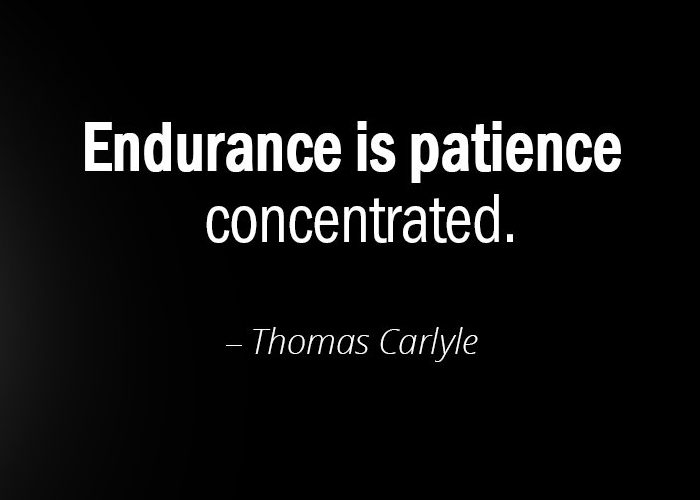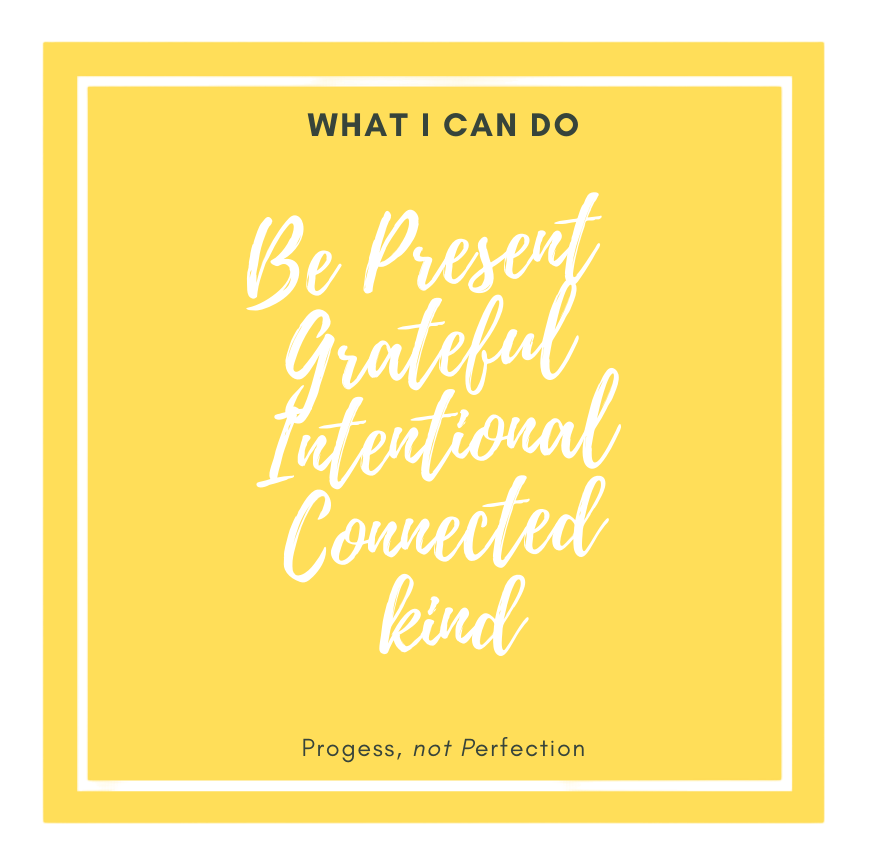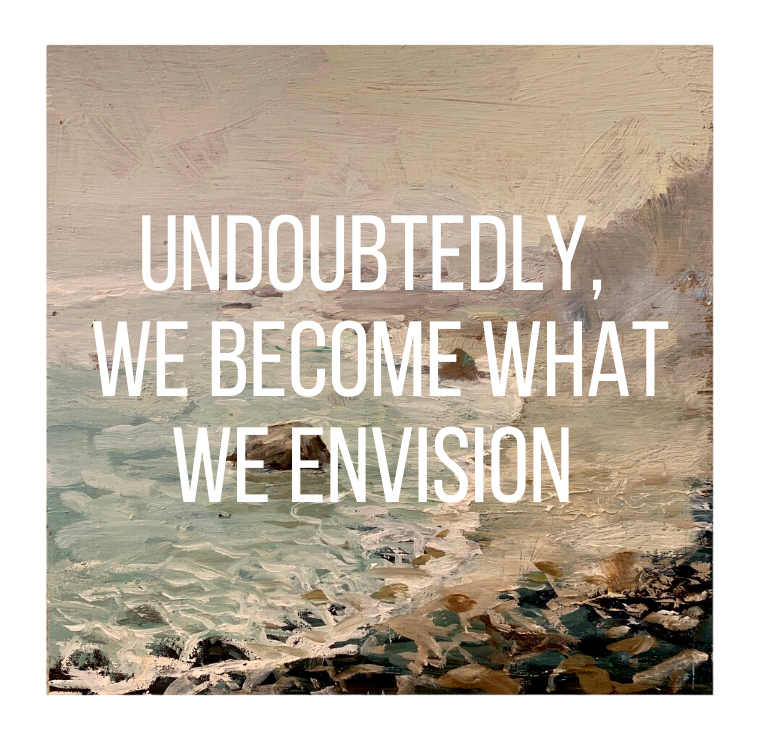Parent Resources

Meeting the needs of the whole child is no small task. It can be a challenge for parents to learn how to support each of their children’s individual biological, psychological, social, and emotional needs. Children do not arrive with an instruction manual, however there is help.
The 7 Things Every Kid Needs to Hear
Hot Topics
Gratitude has been shown to improve our physical and mental well-being. The positive effect on our minds and bodies can elevate our mood which may help us be kind to those around us. If we haven’t been in the habit of naming what we are grateful for, this may be a good time to bring our awareness to the small things we possibly overlooked before.
For example: toilet paper or saying hello to our neighbors on our way to take kids to school or go to work. How we do this: Take time to pause throughout the day and notice the small things. Tell someone thank you.
Write down or tell someone 3-5 things you are grateful for each day.
We always have the opportunity to spend more time together, which also means more time communicating. Let’s notice how we’re communicating through both our words and our actions and work to make our communication more meaningful. One way to do this is find out the love language of our children. Knowing this can help us speak the language they recognize most and foster connection. Discover your own and your child’s love language here. Then use the links below to find an idea for something you can do to speak your child’s love language.
We all (children and adults) feel stress throughout the day. We feel positive stress when we are motivated, feeling confident, and focused on achieving a specific task or looking forward to things like an event or holiday. We feel negative stress when we feel unable to perform or cope with a situation. Negative stress my activate our stress response system (fight/flight). Prolonged negative stress can be detrimental to our physical and mental health. Whenever we feel stress it’s important we have the tools to self-regulate. We always have the opportunity to learn new ways.
Creating a small space at home where we can retreat to freely express our emotions and engage in activities that soothe our senses can calm our nervous system and help us self-regulate.
This is a great act of kindness to ourselves.
Nobody’s perfect, yet it’s easy for most of us to think, everyone else has it together, and attribute our suffering or difficulties to the fact that we’re somehow flawed. It’s easy to beat ourselves up when we make mistakes. In reality, the human condition is something we all share. Things won’t always go our way, we will make mistakes, get frustrated, fall short, and struggle. The more we accept this idea rather than fight against it, the more compassion we can feel for ourselves and others. Instead of criticizing and judging ourselves, self-compassion is being kind and understanding with ourselves, just like we would be for a friend.
In the words of Dr. Kristen Neff: “Instead of just ignoring your pain with a “stiff upper lip” mentality, you stop to tell yourself “this is really difficult right now,” how can I comfort and care for myself in this moment?”
Try initiating a daily practice of self-compassion this week.
Mindfulness skills are very important for managing stress for the following reasons:
Mindfulness will help us focus on one thing at a time in the present moment, and by doing this we can better manage and soothe our overwhelming emotions.
Mindfulness will help us learn to identify and separate judgmental thoughts from our experiences. Those judgmental thoughts often fuel our overwhelming emotions.
Mindfulness will help us be more purposeful in our actions, to choose how to respond, rather than react.
Try incorporating a daily mindfulness practice.
How we use our time together will determine the quality of our relationships, based on how we are connecting. Consider the ways you already slow down to connect and help your loved ones feel seen, heard, and valued.
One way to ensure we are taking time to emotionally connect with each other, is through establishing rituals. Rituals are different from routines (what we have to do). We engage in rituals while following our routines. Rituals symbolize who we are as a family and what we value. Rituals can be established to achieve goals and pursue interests. Anything can be made into a ritual; the simple ways we connect with each other every day. Little things like, greeting with a hug and a kiss, reading a story at bedtime, making pancakes for breakfast every Saturday. Rituals are especially important to maintain during transitions. They provide safety and stability, when everything in the world seems out of our control. Rituals give us a sense of belonging and security through familiarity and consistency. Rituals can also help us process our feelings during times of change and stay connected despite conflicts. For more ideas on creating rituals of connections with your family use the links below.
“Creativity and innovation start by thinking differently.”
Over 100 years ago, Leland Stanford, the founder of Stanford University said, “The imagination needs to be cultivated and developed to ensure success in life.”
Fifteen years ago, Stanford University invited Steve Jobs to give the commencement speech because they believed he embodied their philosophy. Not a college graduate himself, Steve believed education transforms lives. His speech focused on 3 concepts:
1. Trust that things will work out. Reflecting on your insight and experiences will “give you the confidence to follow your heart, and that will make all the difference.”
2. Love what you do. He said, “The only way to do great work is to love what you do. If you haven’t found it yet, keep looking. As with all matters of the heart, you’ll know when you find it.”
3. Consider the limited time we have to make the world a better place. He said, “Avoid the trap of thinking you have something to lose, there is no reason not to follow your heart.”
He concluded with the phrase, “Stay hungry, stay foolish.”
Meaning, be hungry for knowledge and remain a life long learner. Isn’t it true, the more we learn, the more we realize how much we don’t know?
We can learn a lot about ourselves, our strengths, our weaknesses and reflected about what is most important.
Learn as much as you can about your personality.
The more we know ourselves, the more self-aware we become.
This increases our confidence and ability to access our creativity, guiding us to do what we love. Remember, you can do anything you believe you can do!

”Have the courage to follow your heart and intuition, they somehow already know what you truly want to become, everything else is secondary.”
–Steve Jobs

In 1952, Florence Chadwick attempted to swim 26 miles between the California Coast and Catalina Island. She traveled with a support team ready to assist her, if needed, and keep a lookout for sharks. Fifteen hours into her swim, a thick fog set in. Swimming in foggy, frigid, shark infested waters, she began doubting her ability to reach the island. She let her team know she wanted to quit, but continued to swim for another hour. She then called it quits. After climbing into the boat, they soon discovered she was only 1 mile from the Catalina shoreline. She swam 25 miles and fell short of her goal. Two months later she tried the swim once more, again the thick fog set in. However, this time she had a mental image of the shoreline in her mind as she pushed herself through. She succeeded and went on to make the swim two more times. Chadwick eventually became the first woman to swim the english channel in both directions, in record times. I wonder if she ever thought she would be able to do that?
Right now, we may feel like we’re swimming in the fog, with no clear view of the shoreline. However, just because we may not be able to see it, doesn’t mean it isn’t there. What is your shoreline? What do you want to do, but have doubts you can? The fog doesn’t have to change your end goal. This week, start visualizing your shoreline, in spite of the fog. Let’s all work to keep swimming and allow our support teams to help us.
Imagine yourself doing what you want to do, becoming who you want to become. Only we can make our vision a reality.
Author, Robert Pirsig described in his book an “old way” to trap a monkey. He said, the trap “consists of a hollowed-out coconut, chained to a stake. The coconut has some rice inside which can be grabbed through a small hole”. The monkey’s hand fits through the hole, but his clenched fist can’t fit back out. “The monkey is suddenly trapped.” He is not able to see that it is his own fist that traps him, his own desire for the rice.
He rigidly holds on to the rice, because he values it. He cannot let go.
Letting go is difficult in the best of circumstances. Collectively, we are all grieving the loss of our way of life pre-COVID. Grief is painful and often creates suffering. Elisabeth Kubler-Ross identified the
5 stages we go through when experiencing grief:
denial, anger, bargaining, depression and acceptance.
It’s likely we have all experienced these stages for ourselves over the past few months. Keep in mind, these do not occur in order and the time spent in each stage is unique for each of us. As we move forward and adapt to a changing environment, it may be helpful to recognize what stage we are in and identify when we are rigidly holding onto something that is no longer serving us. Upon closer inspection of what we value, what we categorize as important, and what really matters to us, we may discover there are things we can let go of, allowing us to move forward in a more present, grateful, intention, connected, and kind way.
Doing this for ourselves first, will allow us to show up this way for others.

“Acceptance is not about liking a situation. It is about acknowledging all that has been lost and learning to live with that loss.”
Elisabeth Kubler-Ross & David Kessler









